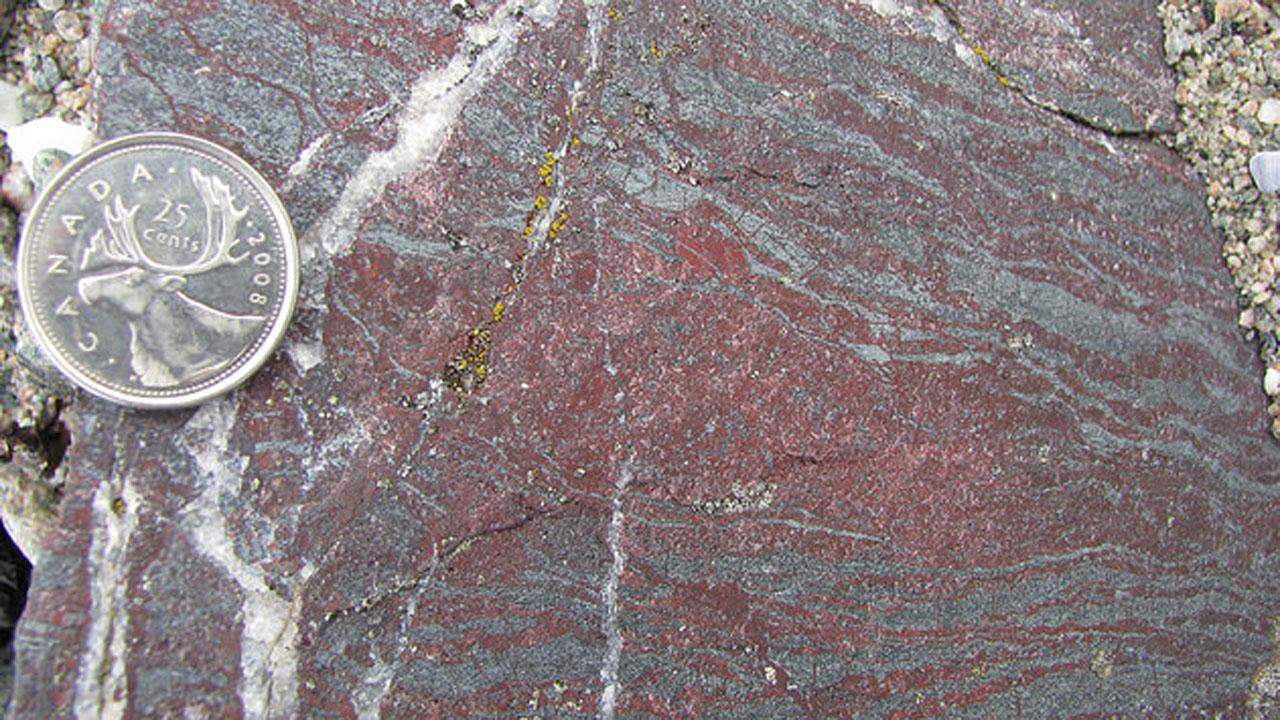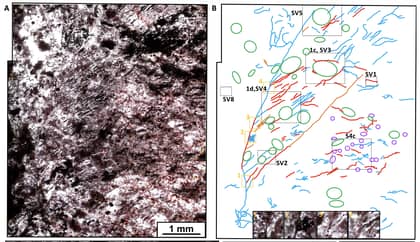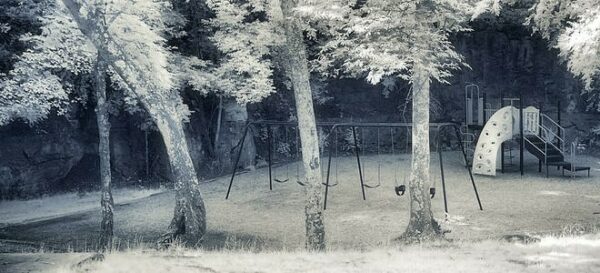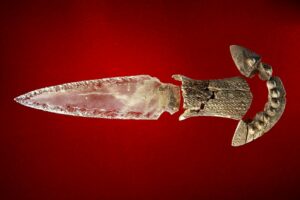Scientists believe they have discovered the world’s oldest fossils, which might date back at least 3.75 billion years. If this is proved, it might call into question our concept of life on Earth and change history.

Dominic Papineau, an associate professor of geochemistry and astrobiology at University College London, discovered the fossils in northern Québec, Canada (UCL). Papineau discovered this on a trip to Quebec’s Nuvvuagittuq Supracrustal Belt in 2008.
In 2017, the associate professor and UCL researchers released an article in Nature stating that the small filaments and fibers detected in these rocks showed they may have been produced by bacteria.
They also speculated on the potential of older life forms than humans had previously assumed. While they have stated that the rocks maybe 3.75 billion years old, there is considerable speculation that they could be much, much older. The researchers questioned whether they might be 4.2 billion years old. That would be unbelievable.
He and his team published a research in Science Advances that stated the ‘unique’ discoveries revealed a ‘diverse microbial ecology on the primordial Earth that may be typical on other planetary bodies, including Mars.’

While speaking with Vice, Papineau also said: “Overall, it’s very exciting because not only do we develop a scientific approach with multiple independent lines of evidence to strengthen the biological origin, we also dismiss the known abiotic reactions”.
“These microfossils might actually exist on other ancient planetary surfaces because if the origin of life takes such a short time to develop, and you have this level of complexity, then that brings up a lot of new philosophical questions about the probability that life might have arisen and left these kinds of imprints behind”.
“It creates a lot of new opportunities to push back the clock for the origin of life and to search specifically for these kinds of things on other planets.”
The structure of these fossils, according to the associate professor, indicates the likelihood of alien life and might be utilized as a doorway into the study of extraterrestrials.
“I’m clearly handling some precious stuff,” on je rekao. “They are relics of the very distant past. So in a way, it is very humbling because I’m the first human being, the first animal, the first lifeform on this planet, to see these things and to realize what they are.”
Before these findings, according to Business Insider, the oldest rocks to date were 3.5 billion fossils found in western Australia.




